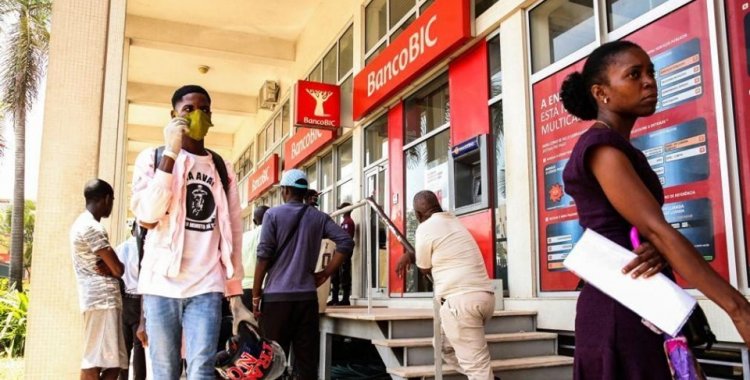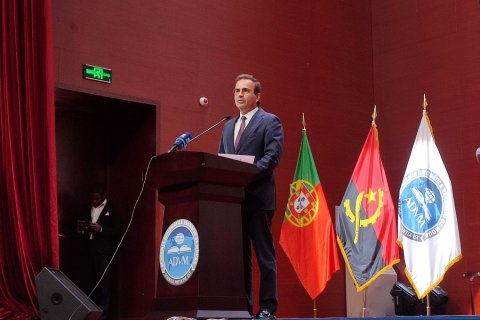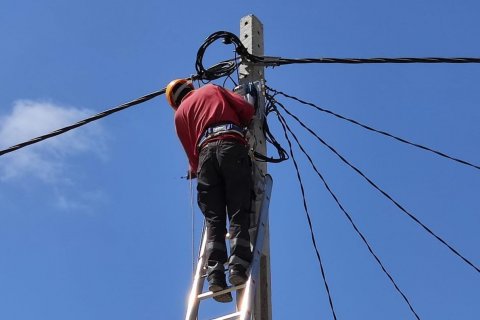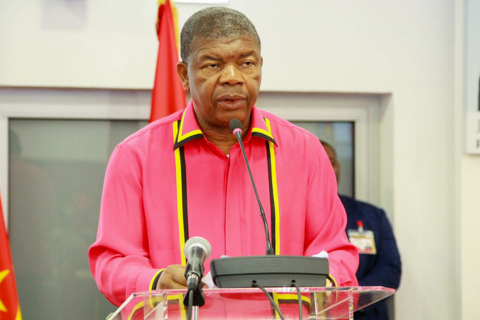Angola is also no exception. The economy started to suffer because we are still anchored to the main source of revenue, which is taxes from the oil sector. Forecasts of both growth and revenues are thus hampered by the abrupt fall in the price of oil on the international market.
This year's OGE foresees an average daily production of 1 million 436 thousand and 900 barrels of oil, goals that unfortunately will not be achieved as a result of COVID-19 and, also, of the softening of the demand variable. Factories and industries are paralyzed and demand for energy has dropped substantially. Furthermore, the price of a barrel is below the forecast in the OGE, which is 55 usd / barrel. The current scenario causes the country to lose another 40 million dollars daily.
This week we followed a series of measures that were announced by the Executive to face the current situation, however, the economy remains the main concern, as it is compared to the "heart" that pumps blood to all parts of the body.
The Minister of Finance, Vera Daves, announced some of the measures put forward by the Council of Ministers (CM) to mitigate the impact on the economy, namely:
- Reduction from 28 to 21 in the Ministerial Departments;
- OGE review;
- Putting hands at USD 1.5 billion from the Sovereign Fund to face COVID-19;
- Reduction in travel by Executive members;
- Acceleration of privatizations;
- Regularization of all arrears in the system;
- Prohibition on the purchase of luxury vehicles;
- Etc.
I was careful to analyze that the measures referred to do not have a direct impact on two aspects that are central at this time, namely: preservation of companies and employment. Many of the measures recently announced are already part of a package of measures taken since the crisis broke out in 2018, and many have not been complied with, just to reference, the purchase of "high-end vehicles" and "first-class travel" .
In my view, there was a lack of measures to mitigate the impact of COVID-19 on the country's productive sector (companies), which is the main source of income generation, employment, goods and services.
10 measures could be put forward that would help businesses and jobs, namely:
- Exemption from payment of interest and fines for the duration of the pandemic;
- Industrial tax reduction by 50%, from 30% to 15%;
- Extension of the payment of Industrial Tax until the month of November;
- Suspension of tax foreclosures for the duration of the pandemic;
- Payment of IRT and Social Security Contribution in installments;
- Cut subsidies: household income, residence maintenance and resettlement;
- Creation and a support fund for informal workers;
- Fund to support the payment of salaries of employees of private companies, while the crisis lasts, key companies (small, medium and large) could be identified;
- VAT reduction to 5%;
- Creation of a national plan for the preservation of employment.
If the measures taken by the Executive do not have a direct impact on companies, what is expected in a short period of time is that, most of them will succumb, as they will not be able to bear fixed costs for a long time, in a phase where the world and national economy is slowing down.








